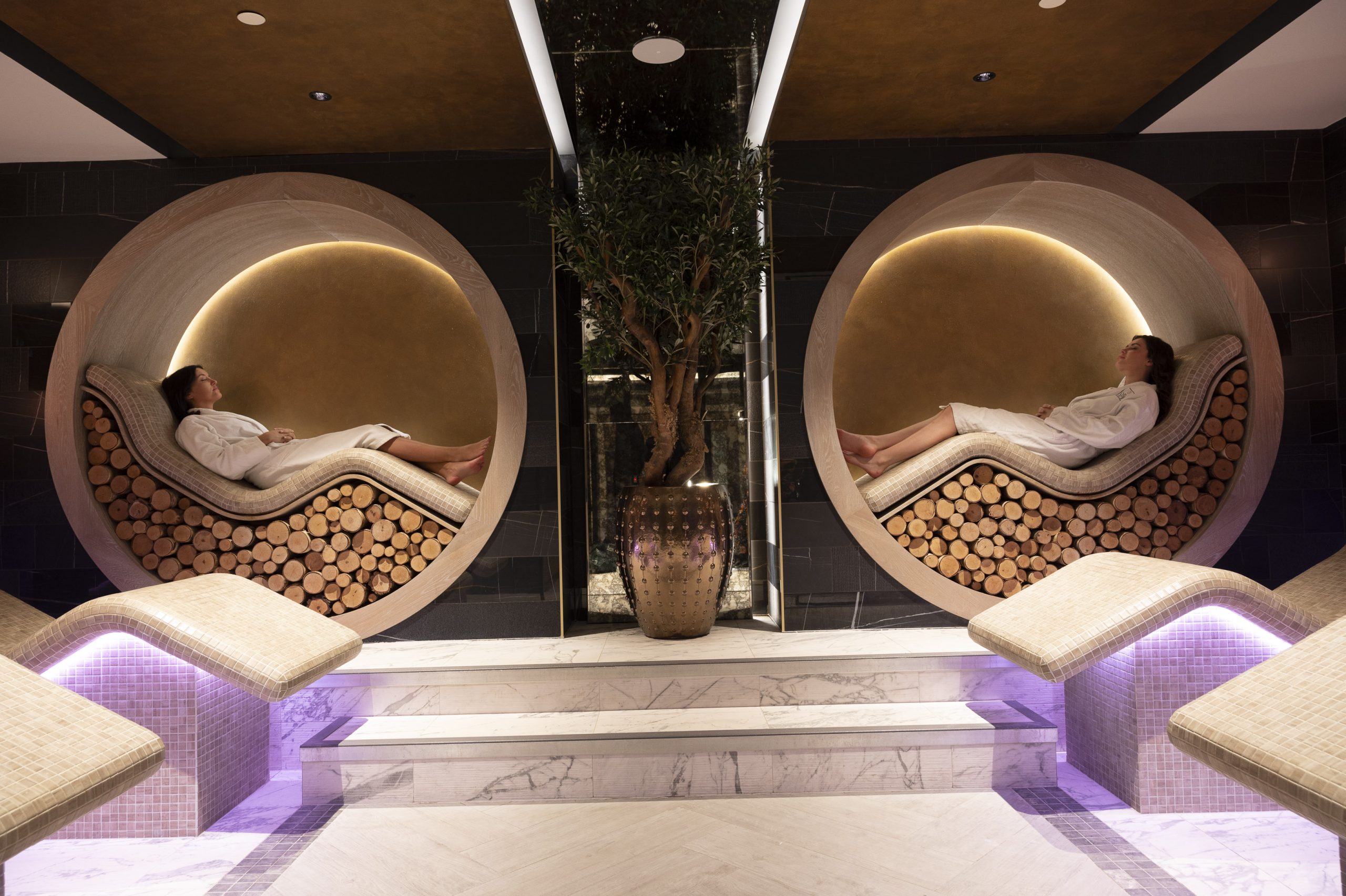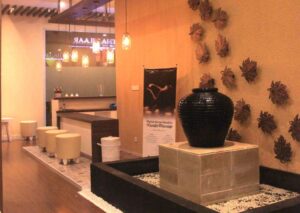In today’s frenetic world, the concept of an escape has transcended mere physical retreat to become a multifaceted experience, particularly within the context of wellness spas. These sanctuaries promise not only relaxation but also a rediscovery of one’s inner self, addressing a profound longing for rejuvenation that many individuals share. This article explores the allure behind fantasy spa experiences, delving into the psychological, physiological, and socio-cultural dimensions that render them appealing.
The contemporary lifestyle, characterized by perpetual connectivity and relentless schedules, engenders heightened levels of stress and anxiety. As a result, the desire to escape to a serene environment is increasingly prevalent. The notion of a fantasy spa experience embodies not just physical indulgence but a profound psychological yearning for an oasis of tranquility. This phenomenon stems from an intrinsic desire for balance—a yearning for a temporary reprieve from the cacophony of everyday life.
When one envisions a spa, the mind often conjures images steeped in relaxation, cocooned in luxurious ambiance, replete with soothing aromas, gentle music, and holistic therapies. Each element carefully harmonizes to construct an ethereal setting where time appears to stand still. The allure lies in not merely the visual appeal but rather the tapestry of sensations that envelop one’s being. The sound of cascading water, the gentle touch of skilled therapists, and the ethereal fragrances of essential oils collaborate in a symphony designed to placate the tumultuous mind.
Moreover, the physiological benefits of such experiences cannot be overstated. Spa treatments, from massages to hydrotherapy, stimulate the body’s inherent healing mechanisms. Scientific studies have illuminated the beneficial impacts of these therapies on both physical and mental health. For instance, modalities like aromatherapy have been shown to reduce cortisol levels—often referred to as the stress hormone—thereby prompting a state of relaxation that extends well beyond the confines of the treatment room. The exploration into these therapeutic realms reveals an intricate interaction between body and mind, fostering an understanding that the essence of a spa experience is rooted in holistic well-being.
Another facet of the fantasy spa experience pertains to its social dimensions. Historically, the act of bathing and self-care has been intimately linked to communal practices. In many cultures, spas serve as gathering spaces where individuals come together to unwind and connect. They are seen not just as places of solitude but as hubs for social interaction, fostering relationships and shared experiences. Thus, the fantasy spa experience often encapsulates both personal indulgence and social connectivity, creating a space where individuals can immerse themselves in a collective journey towards relaxation.
Transitioning from understanding the individual to considering the cultural significance, it is essential to acknowledge the role indulgence plays in various societies. In an age marked by heightened consumerism, spas often emerge as symbols of privilege and self-care. The fantasy of a spa day, particularly in luxury settings, offers an escape from societal pressures and expectations. It serves as an affirmation of self-worth—an opportunity to reclaim agency over one’s personal well-being amidst an increasingly chaotic existence. In essence, indulging in such experiences highlights a broader societal shift towards valuing mental health and holistic wellness.
Additionally, the environment in which a spa is situated can significantly enhance the experience. Many luxury spas are located in picturesque landscapes—beaches, mountains, or forests—utilizing the natural beauty around them to augment the therapeutic offerings. The incorporation of natural elements, such as mineral springs or botanical gardens, evokes a visceral connection to the earth, promoting a sense of grounding and peace. Guests find themselves enveloped not just in luxurious treatments but also in a harmonious interplay with nature, further amplifying the fantasy of escape.
A pivotal aspect of the fantasy spa experience is personalization. As consumers increasingly seek tailored services, spas offer curated experiences designed to cater to individual preferences and needs. From bespoke treatments to customizable wellness packages, the ability to select one’s own journey transforms the spa visit into a personalized retreat. This level of customization caters to the modern individual’s desire for agency, allowing them to navigate their own path to relaxation and rejuvenation.
It is crucial to recognize that while the spa experience may vary widely—from sumptuous resorts to intimate day spas—each provides an opportunity for individuals to engage in self-discovery and reflection. Escaping to paradise, even if only temporarily, invites one to transcend ordinary existence and delve into the exceptional. This escape holds a tantalizing promise of transformation, offering a chance to emerge renewed, reenergized, and ready to confront the realities of daily life.
In conclusion, the fantasy spa experience represents a confluence of various elements: psychological needs, physiological benefits, social connections, cultural significance, and environmental influences. As individuals seek solace from the complexities of modern living, these retreats serve not merely as places for pampering but as vital components of holistic health and well-being. They beckon with the promise of temporary refuge in which the burdens of the outside world can be relinquished, inviting each visitor to engage in a personal renaissance. Ultimately, these escapades redefine the notions of self-care, highlighting the importance of prioritizing one’s mental and physical health in an increasingly demanding landscape.




Leave a Comment